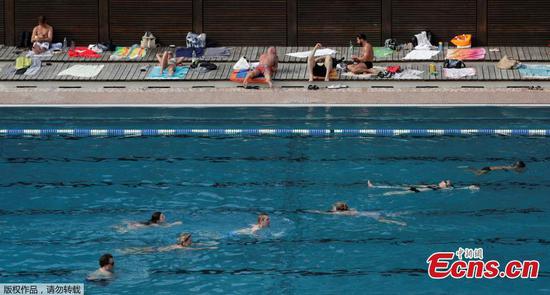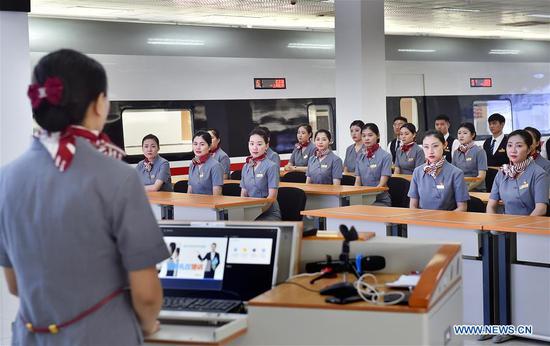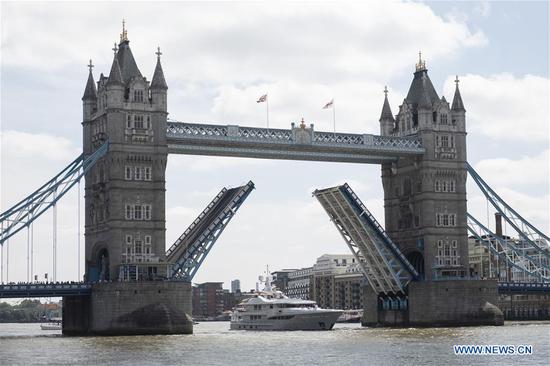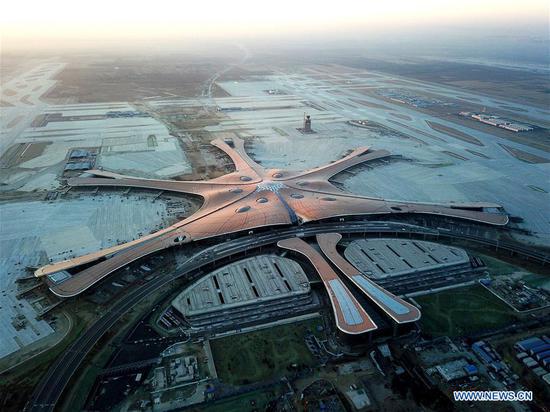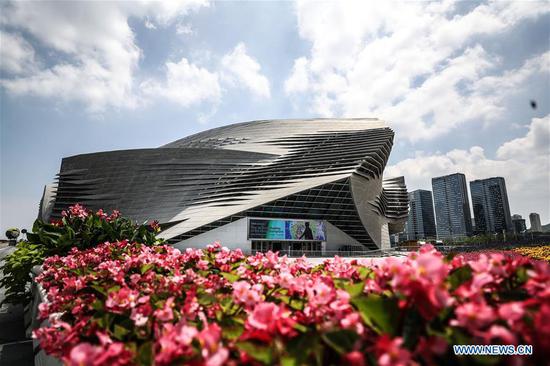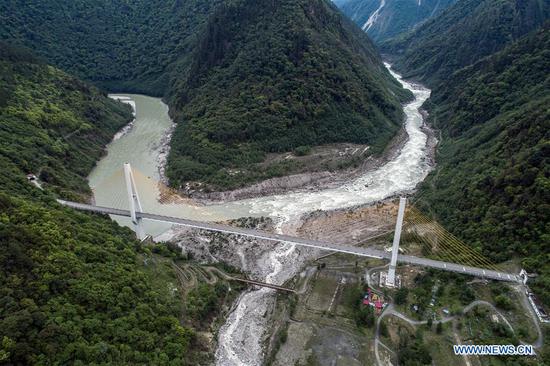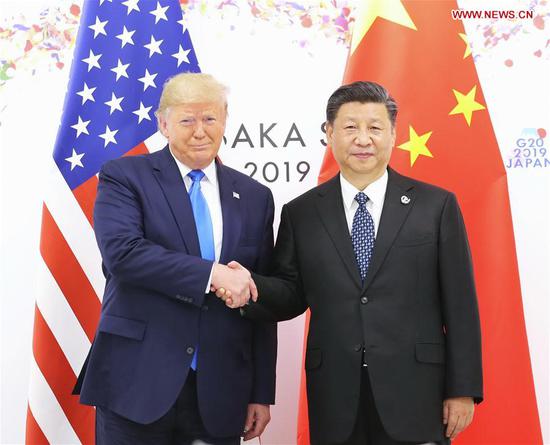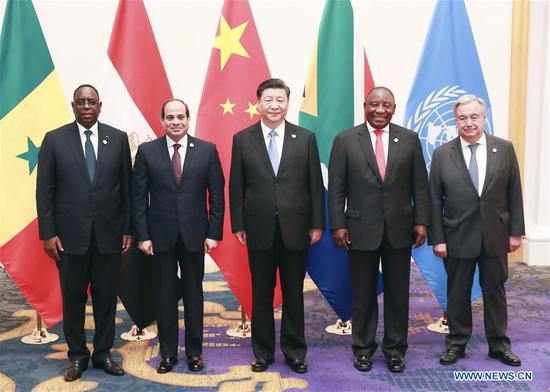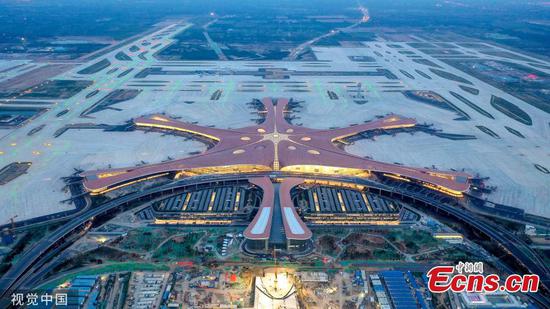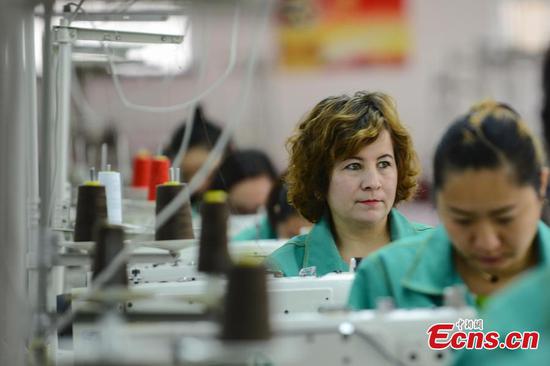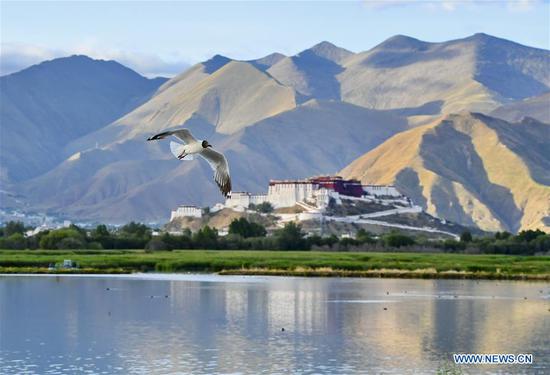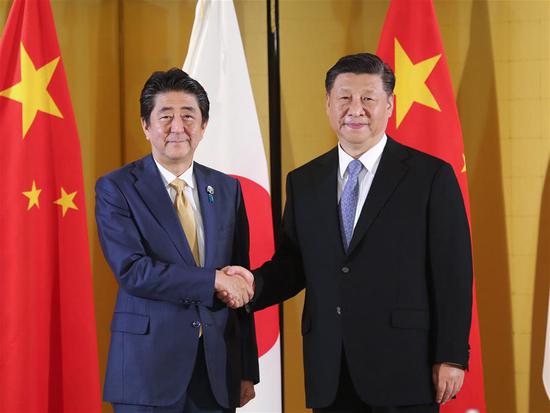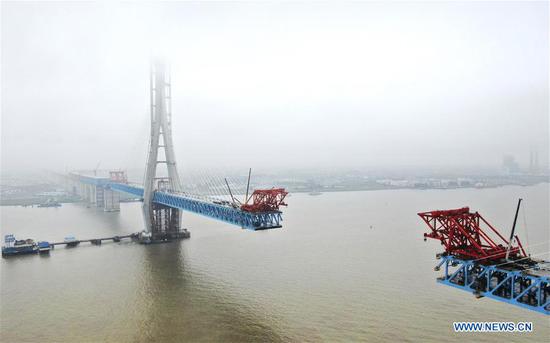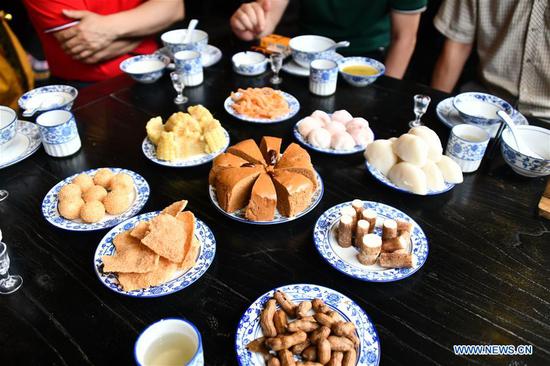GBA forges closer ties between Hong Kong and the mainland
With Hong Kong's participation in the development of the GBA, closer ties between Hong Kong and the mainland have also been forged gradually.
The connection grew particularly strong after the completion of the Hong Kong section of an express rail link connecting the region with Guangzhou and Shenzhen, and the opening of the Hong Kong-Zhuhai-Macao Bridge last year.
Lam hailed the growing infrastructure links in the region for facilitating the development of the cluster, which puts major cities within an hour's distance of Hong Kong.
"Now Hong Kong residents can arrive in Guangzhou in 45 minutes and Shenzhen in even less time," said the Hong Kong chief executive.
Apart from the infrastructure, the central government also offers preferential policies to support communication and exchanges within the region to promote the development of the GBA as well as the development of Hong Kong.
In fact, the central government has introduced several concrete measures since August 2017 to remove barriers that limit Hong Kong residents from studying, working and living in the mainland, while ensuring they can settle down and enjoy equal treatment when receiving higher education in the mainland.
Since September 2018, Hong Kong and Macao residents who meet relevant criteria can apply for residence permits. By February, more than 100,000 Hong Kong residents had applied for the permits, according to Lam.
Starting July 1, the fee for citizens' regular passports and mainland residents' travel passes for Hong Kong and Macao trips will be cut by 40 yuan (about 5.82 U.S. dollars) from 160 yuan to 120 yuan, and the fee for a travel pass to Hong Kong and Macao will be reduced from the current 80 yuan to 60 yuan, the National Immigration Administration (NIA) said in a statement.
This support helps accelerate the development of the GBA by facilitating exchanges, making business operations much easier within the cluster.
Overall, the GBA represents a regional development strategy featuring complementary advantages, coordinated development, mutual benefits and common prosperity. As Lam said, the region contains great potential and Hong Kong needs to grasp the opportunity and participate actively in the regional development to pursue prosperity and development.













